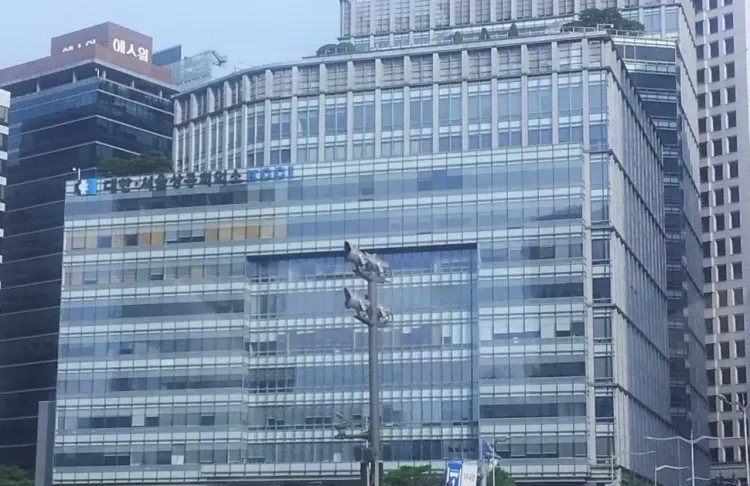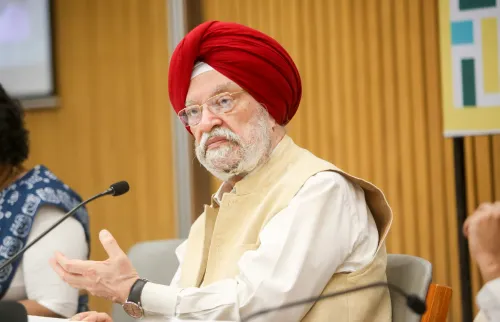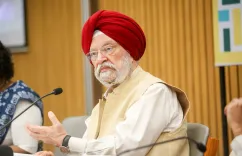Why Does South Korea's Labour Productivity Lag Behind Advanced Nations?

Synopsis
Key Takeaways
- South Korea's labour productivity is low compared to advanced economies.
- Current GDP per employed person is US$65,000.
- Four-day workweek discussions are ongoing, raising efficiency concerns.
- Wages have outpaced productivity growth since 2018.
- Recommendations for reforms include flexible hours and better wage systems.
Seoul, Sep 22 (NationPress) A recent report revealed that South Korea's labour productivity is significantly lower when compared to other advanced nations. This raises concerns regarding the movement towards shorter working hours without first enhancing efficiency. According to the findings, co-released by the Sustainable Growth Initiative (SGI) from the Korea Chamber of Commerce and Industry (KCCI) and Professor Park Jung-soo of Sogang University, South Korea's annual labor productivity, defined as gross domestic product (GDP) per employed individual, reached US$65,000 in 2023, placing it 22nd among the 36 member nations of the Organization for Economic Cooperation and Development (OECD).
This figure starkly contrasts with Belgium's $125,000 and Iceland's $144,000, both of which have implemented a four-day workweek system. Meanwhile, countries like France, Germany, and Britain, currently trialing four-day workweek programs, reported GDP per worker at $99,000, $99,000, and $101,000, respectively.
The SGI noted, "Reducing working hours can enhance job satisfaction and provide more leisure time, which could lead to increased consumption. However, for businesses, cutting working hours without boosting productivity will likely reduce output and increase labor costs, thereby adding to financial strains."
The report also highlighted that since 2018, wage growth has outpaced productivity increases amidst a global slowdown and local circumstances, such as rising minimum wages. Annual salaries grew by an average of 4% from 2018 to 2023, while productivity advanced by only 1.7% per year. From 2000 to 2017, both salaries and productivity increased by 3.2% annually.
The SGI emphasized that while shorter working hours could improve work-life balance, the priority should be improving corporate management conditions, especially given South Korea's low productivity and tapering growth. Recommendations included flexible working hours for specific industries, more sustainable wage structures, and policy assistance for small and medium enterprises.
President Lee Jae Myung has suggested establishing a four-day workweek as a long-term national objective, which is a prominent pledge from his presidential campaign.









